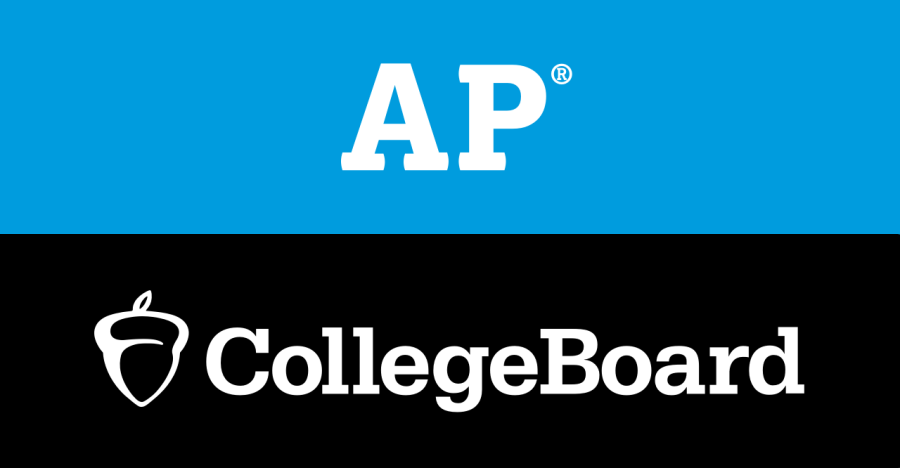Planning for AP Testing
May. The dreaded AP testing season is quickly approaching and Hunterdon Central AP students are feeling the pressure to pass. For those unfamiliar with what AP classes are, they are college-level courses taken in high school that can potentially earn you college credits. Whether or not you earn the credit is all determined by a multiple choice and open-ended test completed in one day, taking 2-3 hours. The test is on all the knowledge you have learned in that class since September; so to score a 3 or higher requires months of preparation.
Should you pass the test, you may save money in college since you would not need to pay for a class that you took in high school. Most colleges in the U.S. will accept AP credits as long as your score is equal to a 3 or 4 (depending on the school) or higher. It also varies by course. For example, at TCNJ, you only need a 3 to receive credit for AP calculus BC, while you need a 5 for AP United States history (according to the college board college lookup). Also, having AP classes in your transcript might impress colleges that you are applying to, since they demonstrate that you can handle difficult classes. Taking the AP test at the end of the course makes the AP class weigh more as well, making your GPA higher. Even without all this, AP classes are modeled after freshman college classes, giving you a taste of the rigor and difficulty you will experience in college. In a lot of ways, AP tests can help you in your future educational endeavors.
The problem with AP testing is something that everyone who has taken one already knows; how can a year’s worth of knowledge and learning be measured in a single day by one test? Even if you are studious and spend hours studying in preparation, there’s nothing stopping the day of the AP tests from just being a bad day. While experiencing a college-level class can be enlightening, it is also time-consuming. It is essentially a college-level workload with a high-school schedule that is usually filled with extracurriculars and other Honors or AP classes. Even if you get a good grade at the end of the year, it could be for nothing if the college you are going to only accepts a 4 and you get a 3. Not to mention that it’s also money wasted since the tests cost from 95-140 dollars. Ultimately, it’s important to balance your schedule. Don’t take more than what you can handle in AP classes, and don’t take them in a subject that you have absolutely no interest in. An overloaded and uninteresting schedule will only set you up for failure.
Even if the AP tests could be designed better, there are ways to prepare so that you are really at your best the day of the test. The most important and obvious one is also the most ignored; sleep. Extra hours of cramming at 1 o’clock in the morning will do nothing. Just try to get the eight hours. And speaking of health, make sure to get a bagel that morning, so you have sufficient energy and won’t lose your already limited time to naps. Also, pace yourself during the test. It will vary by subject, but all tests are timed and are made up of a multiple choice section and an open-ended section. If you get stuck on a question, it’s best to skip it and come back to it rather than spend thirty minutes trying to remember what was on that slideshow from September and then not having time to even read the last twenty questions. When it comes time for the written response section, plan out what you will write for about five minutes so that way your entire essay isn’t just one long, run-on sentence. In order to do your best, you just need to control the controllables. Study what you know will be on the test and prepare your body with sleep and food to give you the energy to power through the test. Good luck to everyone who has signed up for them, and may you get the score you want.









